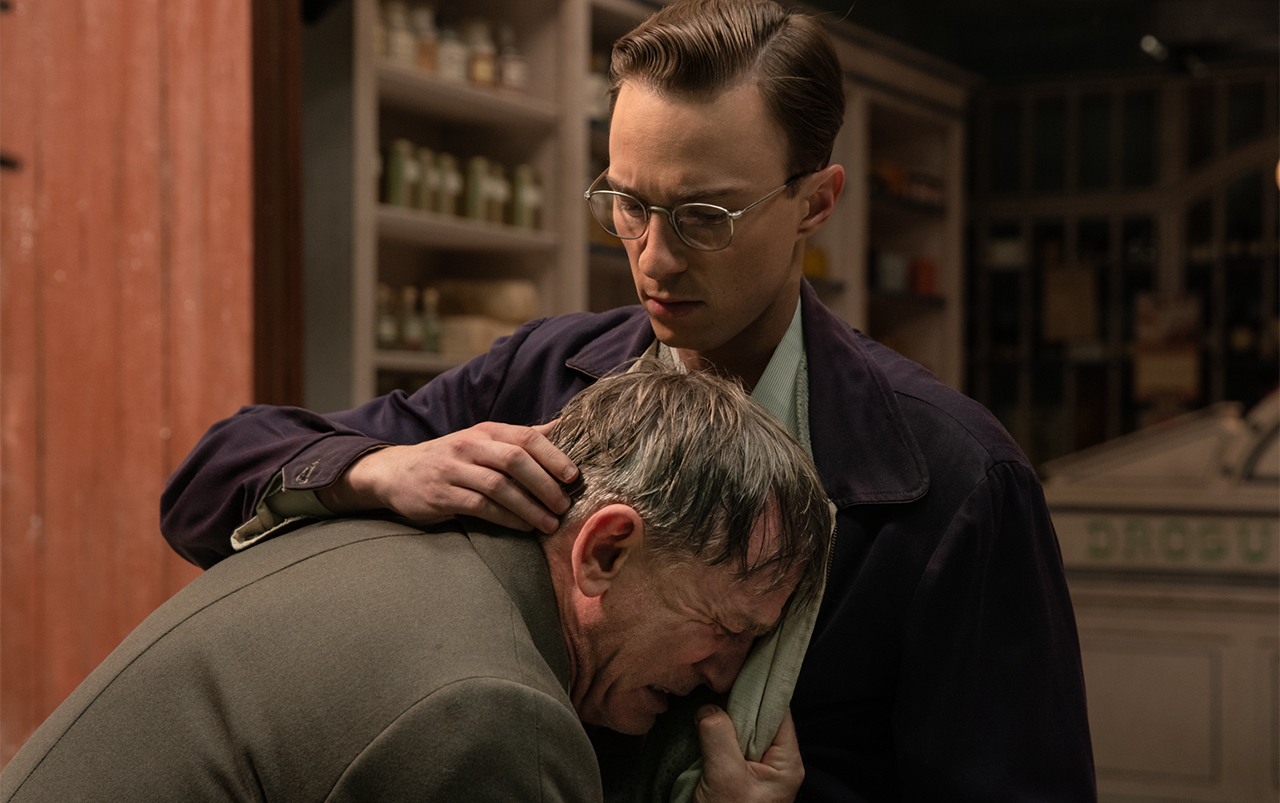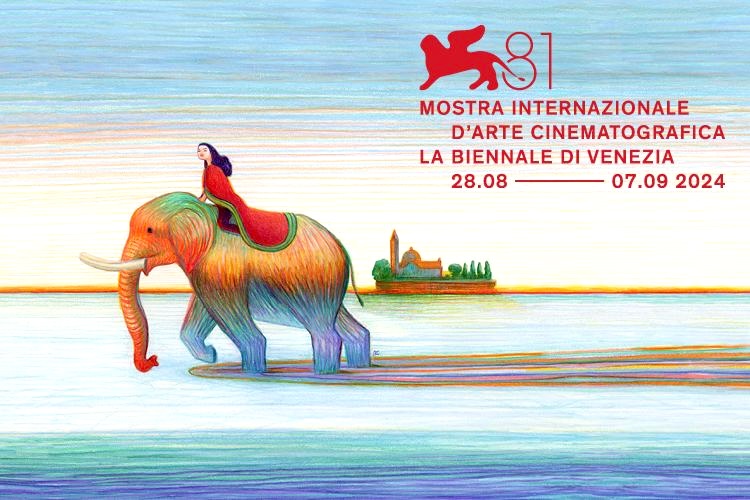Queer

Martin Scorsese is credited with popularising the concept of making “one for them, one for me”: sustaining a film career through the equilibrium between commercial productions and personal artistic expression. Italian filmmaker Luca Guadagnino appears to follow this mantra with his own particular spin. Calling it “one light, one dark” would be overly simplistic, but each of his projects that find mainstream appeal seem to be followed by a less accessible and more uncomfortable piece of work. After the pop culture phenomenon that was Challengers earlier this year (originally intended to open the 2023 Venice film festival), Guadagnino’s ultimate passion project premieres in competition at the Lido.
In a faithful adaptation of William S Burrough’s Beat novella Queer, Daniel Craig stars as Lee, an opioid-dependent homosexual, whose afflictions have forced him to migrate to Mexico City. Lonely and desperate for a feel of contact, he hopes to have found a partner in fellow American expat Eugene Allerton (Drew Starkey), but what Lee fails to see is that his desire for another person is just a further addiction.
The thin veil between Burroughs’s and his protagonist William Lee (who even functioned as a pen name for author’s earlier novel Junky) is immediately acknowledged as the first page of Queer appears in draft form in the opening credits, among tabletop shots of the fictitious Lee’s personal effects. At a later stage in the film, a dream-like sequence hints at the personal tragedy that in the writer’s own words “motivated and formed” the development of the work. This choice, while “meta”, is not one made to inspire intellectual debate but rather embodies Guadagnino’s unflinching dedication to the source material. Justin Kuritzkes’s screenplay pledges further allegiance, not only keeping with verbatim phrasing in instances of dialogue, but weaving that of the prosaic thought processes into conversational form, as if unwilling to waste a single drop of the author’s genius.
Even as words play a substantial role (Lee babbles incessantly, running off his “routines”, but longs for a way to communicate without speech), Queer is a wholly sensorial experience.
The images shot by Guadagnino’s partner in crime Sayombhu Mukdeeprom are both beautiful and unsettling – rarely has the subconscious been made to feel so palpable. As scattered and surreal as the feature might grow, in one particular aspect the Italian auteur returns to a more straightforward approach of his earlier work: sexual acts are not presented through metaphors or substitutions, but are fleshed out in vivid detail, honouring the physicality of it all.
In this exceptional performance, Craig throws all caution to the wind and engulfs himself in a character that is simultaneously illusive and corporal, battle-scarred and still optimistic.
Queer is without a doubt the best film anyone could have made based on this short novel. However, the fact remains that it represents its very own type of narrative and, as the title may imply, is not designed to speak to the broad masses, but to resonate with the solitary, disenfranchised kin it portrays.
Selina Sondermann
Read more reviews from our Venice Film Festival coverage here.
For further information about the event visit the Venice Film Festival website here.
Watch a clip from Queer here:























Facebook
Twitter
Instagram
YouTube
RSS